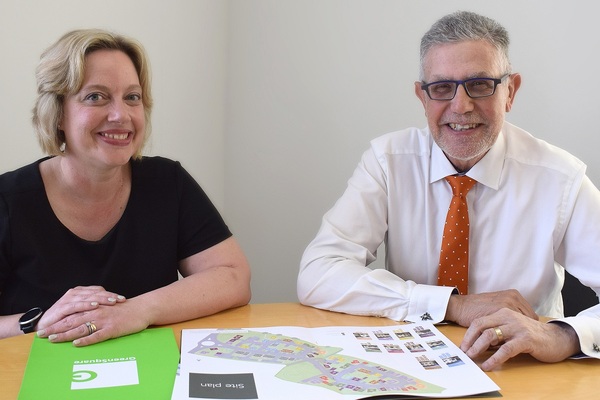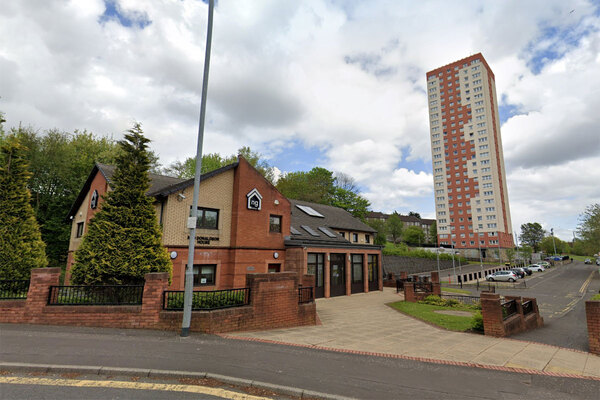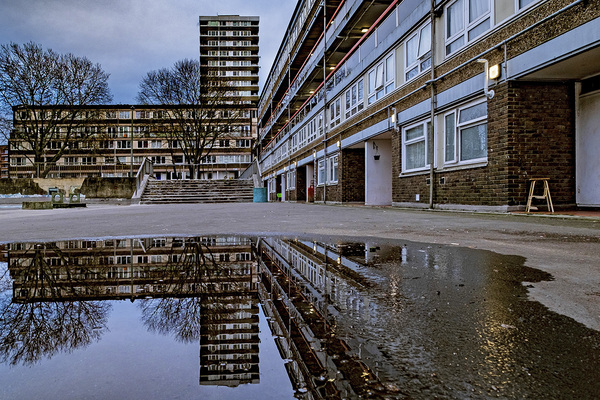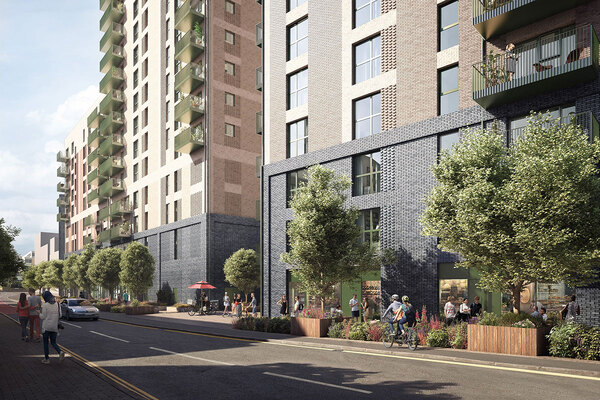You are viewing 1 of your 1 free articles
Sector predicts low tenant take-up of government’s new shared ownership Right to Buy plan
Housing sector figures have predicted a “low take-up” of the new shared ownership Right to Buy if it was offered to housing association tenants.
Experts from across the sector have highlighted issues with the potential costs tenants could incur from switching from being social housing tenants to leaseholders if the plan put forward by housing secretary Robert Jenrick was introduced.
Mr Jenrick announced on Monday at the Conservative Party conference that housing association tenants will be given a right to buy 10% of their homes. The offer will be automatic for newly built homes, Mr Jenrick said, with associations being asked to enter a voluntary agreement with government for existing tenants.
However, questions have been raised over whether it would be attractive for social housing tenants because of the added responsibilities and liabilities tenants would be hit with by making the switch.
Justin Bates, specialist housing lawyer, said he would be "amazed" if there is a market for it and said most would likely not want to jeopardise the "good deal" as an assured tenant they get from their housing association.
"Suddenly you have gone from paying fixed social or affordable rent to paying a variable service charge," he said.
"As a tenant, your rent covers everything and you have these amazing repairs obligations you can enforce against your landlord."
Housing associations are responsible for the upkeep of a property and the cost of repairs and maintenance for tenants paying affordable rent and social rent.
However, shared owners are generally leaseholders of that property, making them responsible for repairs and fully liable for 100% of the service charge.
Richard Petty, director of residential advisory at JLL, said that take-up of shared ownership “could be low” and that he struggles to see why a social housing tenant would switch from no responsibility on repairs to 100% responsibility for the sake of a 10% stake.
Mr Petty said: “It has already been an issue from a leaseholder point of view that you own 25% of the property but are responsible for 100% of the service charge – that becomes even less attractive when you only own 10%.”
This change has been brought into sharper focus by the fire safety costs currently being faced by hundred of private leaseholders and shared owners living in high-rise tower blocks.
Inside Housing has written about a number of leaseholders facing bills of up to £80,000 to remove dangerous cladding and fix other fire safety issues within their blocks.
Mr Bates said: “Could someone exercise the new scheme, take a share, [and] the day after they exercise it, get a bill of £50,000 to pay for fire safety works?
"And if you don’t pay the bill, you lose everything. That would be an extreme scenario, and a lot of things would have to go wrong, but it could happen.”
Suzanne Benson, partner at Trowers & Hamlins, believes that there may also be a reluctance from the mortgage market to lend to social housing tenants looking to become shared owners.
She said that getting lenders to engage with the new policy could be a challenge due to smaller amounts, more hassle and the potential customers being seen as higher risk.
Ms Benson added that there may also be problems with potential social housing tenants qualifying for mortgages due to the stringent checks that mortgage companies carry out.
She said: “Whether the majority of the applicants will pass those tests is a question because they have to demonstrate they can sustain the ownership that they can pay rent in the long term.
“In most cases, the reason why people access social housing is usually because they are not in a position to do that.”








